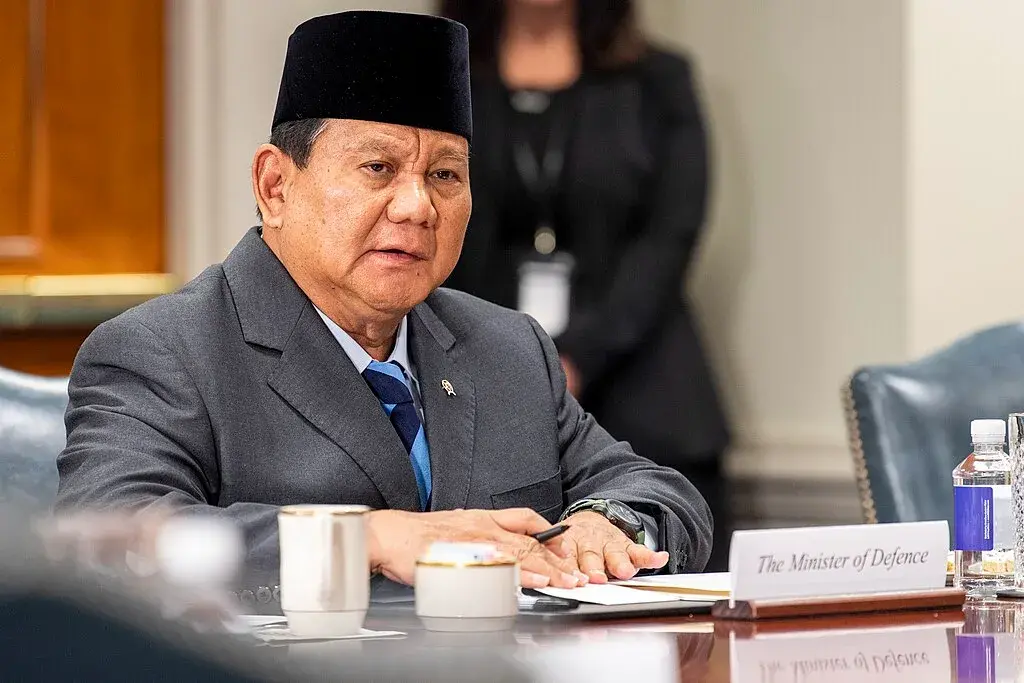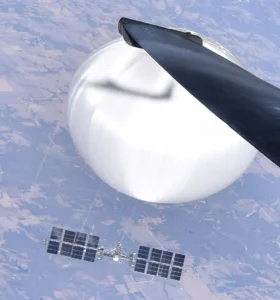The latest Indonesia election debate delved into intense scrutiny over Prabowo’s controversial fighter jet proposal, stirring heated discussions among the candidates.

In the recent third official debate leading up to Indonesia’s presidential election, Prabowo Subianto faced scrutiny regarding his defense ministry’s proposal to acquire pre-owned fighter jets from Qatar.
The debate, which occurred on Sunday, saw Prabowo defending his position amidst an expanding lead in opinion polls over opponents Anies Baswedan and Ganjar Pranowo.
The polls suggest Prabowo’s increasing proximity to securing a majority of votes, partly propelled by naming Gibran Rakabuming, President Joko “Jokowi” Widodo’s eldest son, as his running mate.
The focus of the debate centered on the defense ministry’s plan to invest $792 million in acquiring 12 Mirage 2000-5 fighter jets, previously in service with the Qatari Air Force. This decision, despite a ministry spokesperson indicating a delay due to fiscal constraints, drew criticism from Anies and Ganjar. Anies condemned the move as non-productive spending, highlighting concerns over the safety of Indonesian pilots operating used aircraft.
Prabowo defended the purchase, citing the jets’ remaining operational lifespan of 15 years, their modern technology, and their necessity while awaiting the delivery of new fighter jets. He emphasized the need for deterrence capabilities amidst escalating tensions in the South China Sea.
However, Anies continued to criticize Prabowo on various fronts, questioning land acquisition policies and environmental damages attributed to the “food estate” initiative overseen by Prabowo. Prabowo refuted these accusations but struggled to redirect the discussion towards his expertise in defense and geopolitics.
Despite attempts to counterattack his opponents, Prabowo failed to provide a clear vision for enhancing Indonesia’s defense capabilities and geopolitical standing.
Anies proposed increasing defense spending to at least 1% of the GDP, focusing on curbing corruption in military procurement and prioritizing defense against tangible threats, including cybercrime and terrorism. Ganjar hinted at the necessity for a temporary resolution between China and Southeast Asian nations amid rising South China Sea tensions but didn’t delve further.
Prabowo advocated for a policy of good neighborliness, despite occasional conflicts in Indonesia’s exclusive economic zone. He stressed Indonesia’s need for amicable relations with all global powers to safeguard national interests, acknowledging China’s significant role in Indonesia’s industrialization.
This debate marked the third in a series of five planned by Indonesia’s General Elections Commission before the February 14 election, involving 204.8 million eligible voters, making it the world’s largest direct presidential election. Jokowi, constitutionally ineligible for a third term, won’t be seeking re-election.







